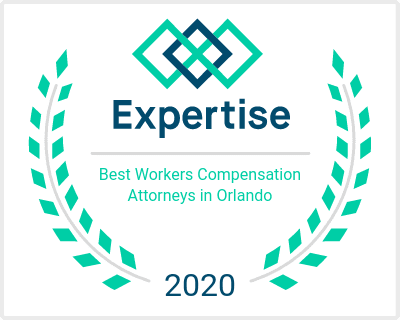We would like our good health to last, but unfortunately many people in Florida — even young adults — will develop a disabling condition at some point in their lives that keeps them from being able to work to earn a living. For this reason, the Social Security Administration makes financial benefits, including Social Security disability benefits, available to qualifying individuals.
What is a disability?
To be eligible for SSD benefits, you must meet the SSA’s definition of disability. These are full, long-term disabilities; partial or short-term disabilities will not qualify for SSD benefits. The disability must be expected to last a year or more or be terminal. In addition, to be considered disabled, you cannot be able to work and engage in substantial gainful activity due to your disability and you cannot do what you did to earn a living previously due to your disability or do other work due to your disability.
Disability categories
In addition to meeting the definition of disability, you must have a disabling condition as defined in the SSA’s listing of impairments. There are several categories of ailments that, if all elements are met, constitute a disabling condition. The categories are:
- Musculoskeletal disorders
- Special senses and speech
- Respiratory disorders
- Cardiovascular system
- Digestive system
- Genitourinary disorders
- Hematological disorders
- Skin disorders
- Endocrine disorders
- Congenital disorders that affect multiple body systems
- Neurological disorders
- Mental disorders
- Cancer (malignant neoplastic diseases); and
- Immune system disorders
Just having a condition falling under one of these categories is not necessarily enough to qualify for benefits. You must also meet all elements of the condition as defined in the listing of impairments. If you do, and you meet all other requirements necessary to be considered disabled per SSA rules, you may be eligible for SSD benefits.







